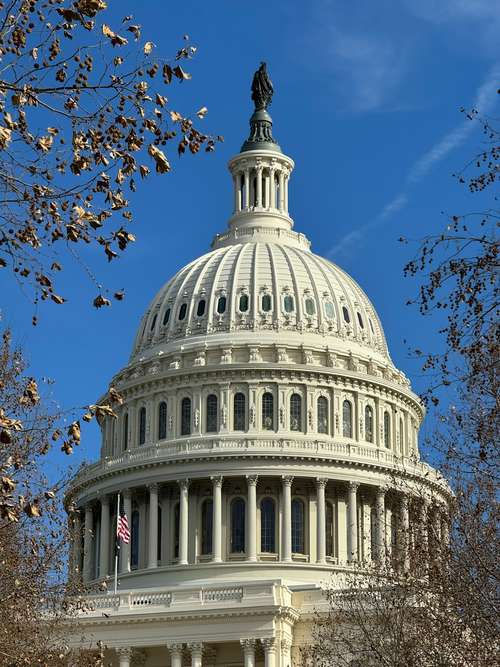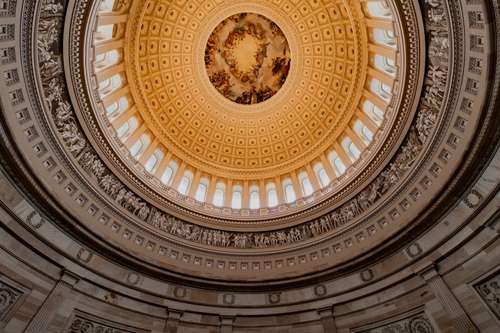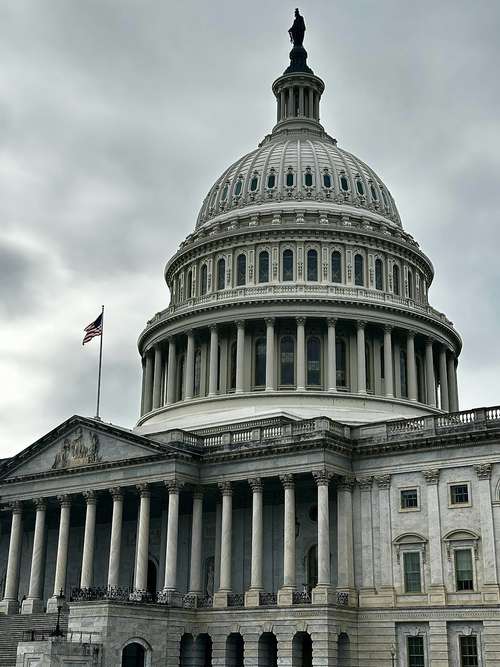Key Highlights
- Andrew Tate, once a vocal crypto skeptic, has been promoting meme coins, leading to losses for investors.
- YouTuber Coffeezilla's investigation reveals Tate’s involvement in projects like "ROOST," which lost 90% of its value.
- Tate’s shift from critic to promoter raises questions about his integrity in the crypto space.
- Allegations tie Tate’s activities to schemes resembling pyramid structures, with further controversy surrounding his "Real World Token."
Andrew Tate, a social media personality with over 10 million followers on X (formerly Twitter), has stirred controversy once again – this time in the cryptocurrency world.
Known for his outspoken views, Tate once criticized the crypto industry, calling it a space filled with “degenerate losers.” However, recent revelations by YouTuber Coffeezilla (real name Stephen Findeisen) have exposed Tate’s surprising transformation into a promoter of meme coins.
Coffeezilla’s investigation into the Andrew Tate crypto controversy reveals that Tate has endorsed several meme coins that have since plummeted in value, raising questions about his sudden shift from critic to promoter.
Coffeezilla’s YouTube video highlights the inconsistency between Tate’s earlier stance and his current actions. In the past, Tate expressed disdain for cryptocurrencies, claiming they provided no societal benefit.
Yet, as Coffeezilla points out, Tate has become increasingly involved in promoting various crypto projects, including meme coins like "ROOST" and the "Real World Token."
Coffeezilla’s Investigation: Allegations of Meme Coin Promotion
In his latest investigation, Coffeezilla delves into the Andrew Tate crypto controversy, bringing to light several meme coins that Tate promoted, only for them to crash soon after.
One notable example is "ROOST," a meme coin that lost over 90% of its value shortly after Tate’s endorsement. Another was the "F Madonna token," which similarly performed poorly.
“Roost’s treasury wallet got hacked, so the community literally got scammed,” Coffeezilla explained in his video. “To make it worse, the guy who got hacked was anonymous.”
Coffeezilla also questioned Tate’s involvement with the "Real World Token," a cryptocurrency tied to his online course at "Hustler’s University." According to Coffeezilla, the structure of this token resembles a pyramid scheme, where subscribers could earn PowerPoints that could be converted into tokens representing a share of the university’s profits.
These findings, combined with Tate’s erratic behavior on social media, have fueled concerns about his intentions in the cryptocurrency market.
What’s Tate’s Response to All These Allegations?
In response to Coffeezilla’s investigation, Tate took to social media with dismissive and cryptic remarks. On September 11, Tate tweeted, "Having the power to randomly pump any coin on the chart is super fun."
He went on to imply that his ability to influence the market was a form of charity, stating, “I want to pump everyone’s bags and give everyone money.”
This response, far from addressing the accusations, seemed to fuel more skepticism about Tate’s role in the crypto space. Coffeezilla attempted to reach out to Tate for comments on the allegations, but instead of a direct reply, Tate leaked the YouTuber’s email address, prompting his followers to harass him online.
The exchange has only deepened the Andrew Tate crypto controversy, leaving many to wonder whether Tate’s actions are part of a larger strategy to manipulate the market for personal gain.
A History of Crypto Scams and Market Manipulation
Tate’s involvement in meme coin promotion comes against the backdrop of previous allegations of crypto market manipulation. He has been accused of engaging in insider trading and participating in schemes that misled his followers into investing in failing projects.
His abrupt shift from crypto critic to promoter has drawn the attention of the broader cryptocurrency community, with many questioning whether his recent endorsements are legitimate or merely another ploy to profit off his audience.
Coffeezilla’s investigation adds Tate to a growing list of influencers involved in questionable cryptocurrency promotions.
The YouTuber, known for exposing fraudulent schemes, has previously investigated scandals like BitConnect and Save the Kids Token. He has also been seen calling out various “financial gurus,” such as Tai Lopez and Grant Cardone.
His report on Tate is yet another reminder of the risks that come with following influencers into high-risk investments like meme coins, which are notorious for their volatility and potential for rapid declines.
Final Takeaway
The Andrew Tate crypto controversy sheds light on the dangers of blindly following online influencers into speculative investments.
Coffeezilla’s investigation highlights the importance of due diligence in the cryptocurrency space, especially as more public figures jump into promoting digital assets. As the market continues to evolve, investors must remain cautious about the intentions and credibility of those they trust for financial advice.
The fallout from Tate’s actions may serve as a lesson for others who rely on social media personalities for guidance in the unpredictable world of cryptocurrency.




